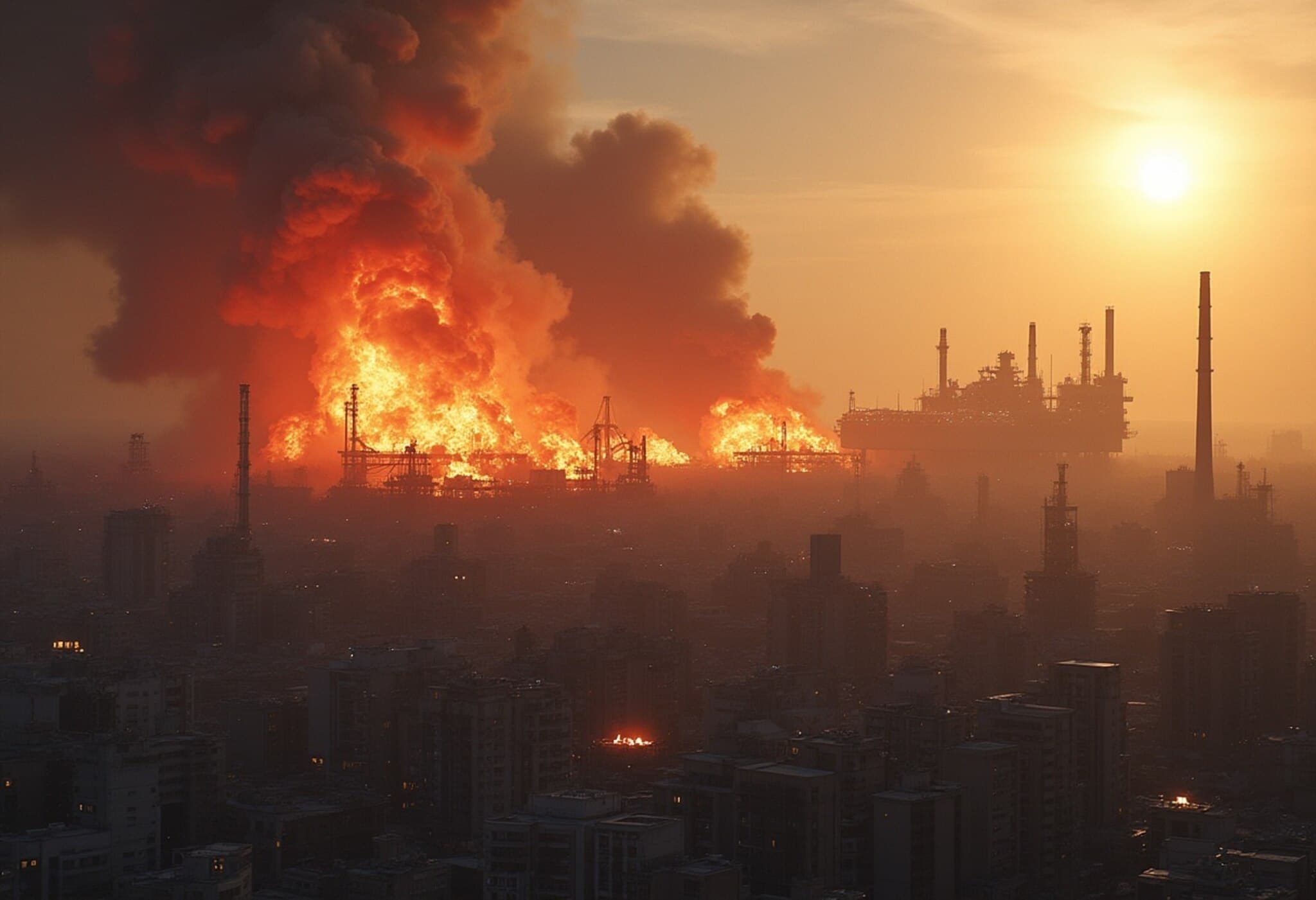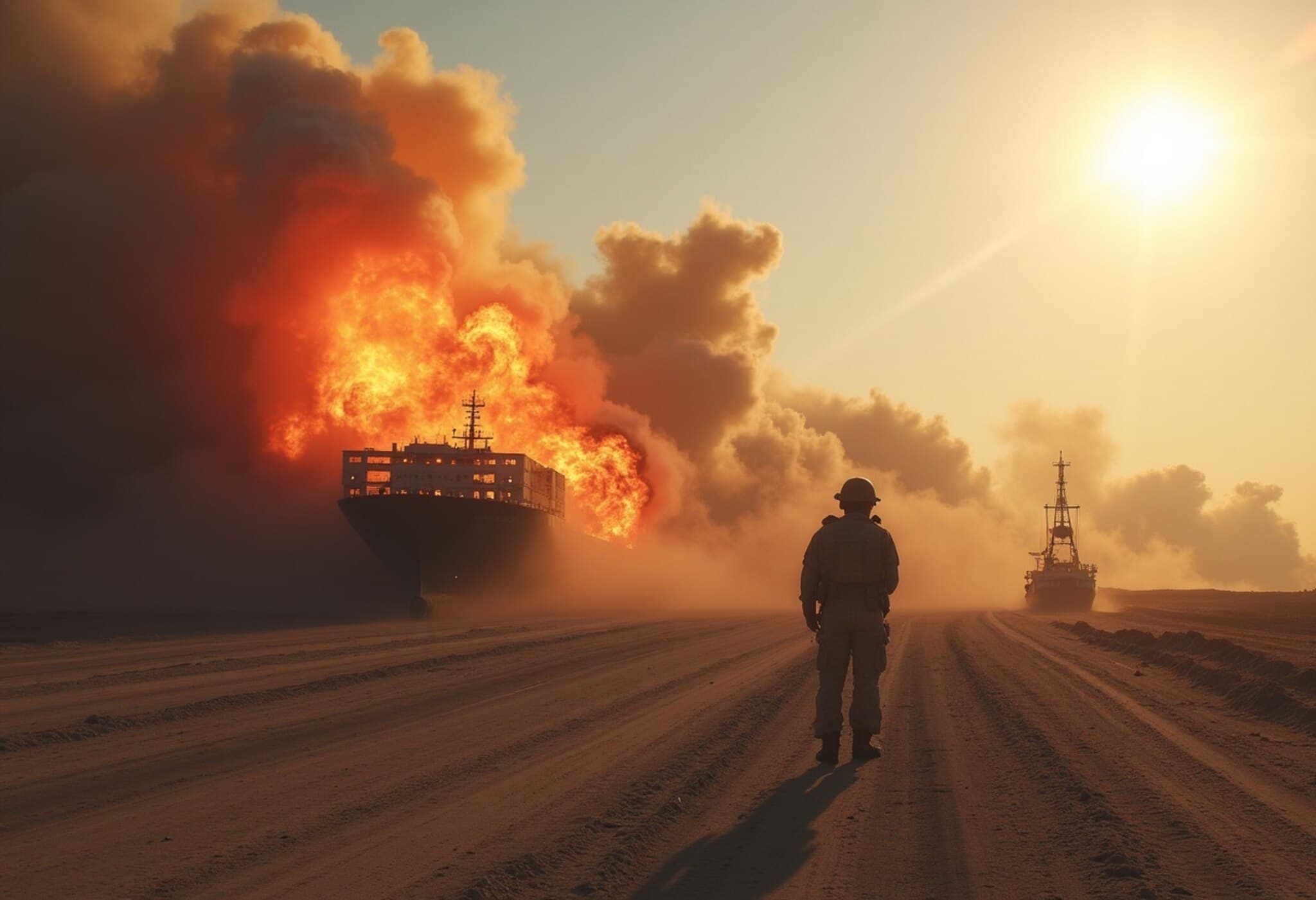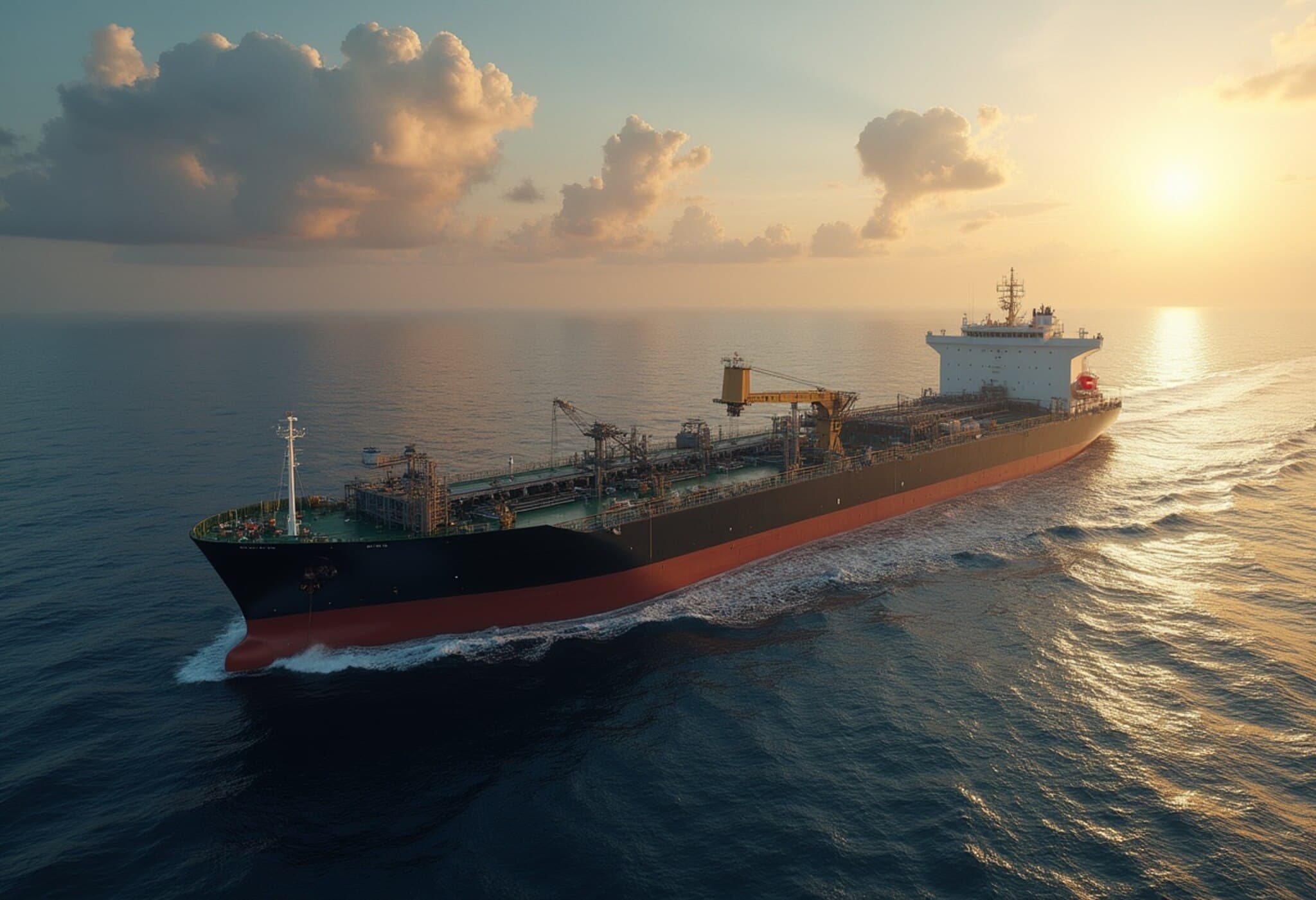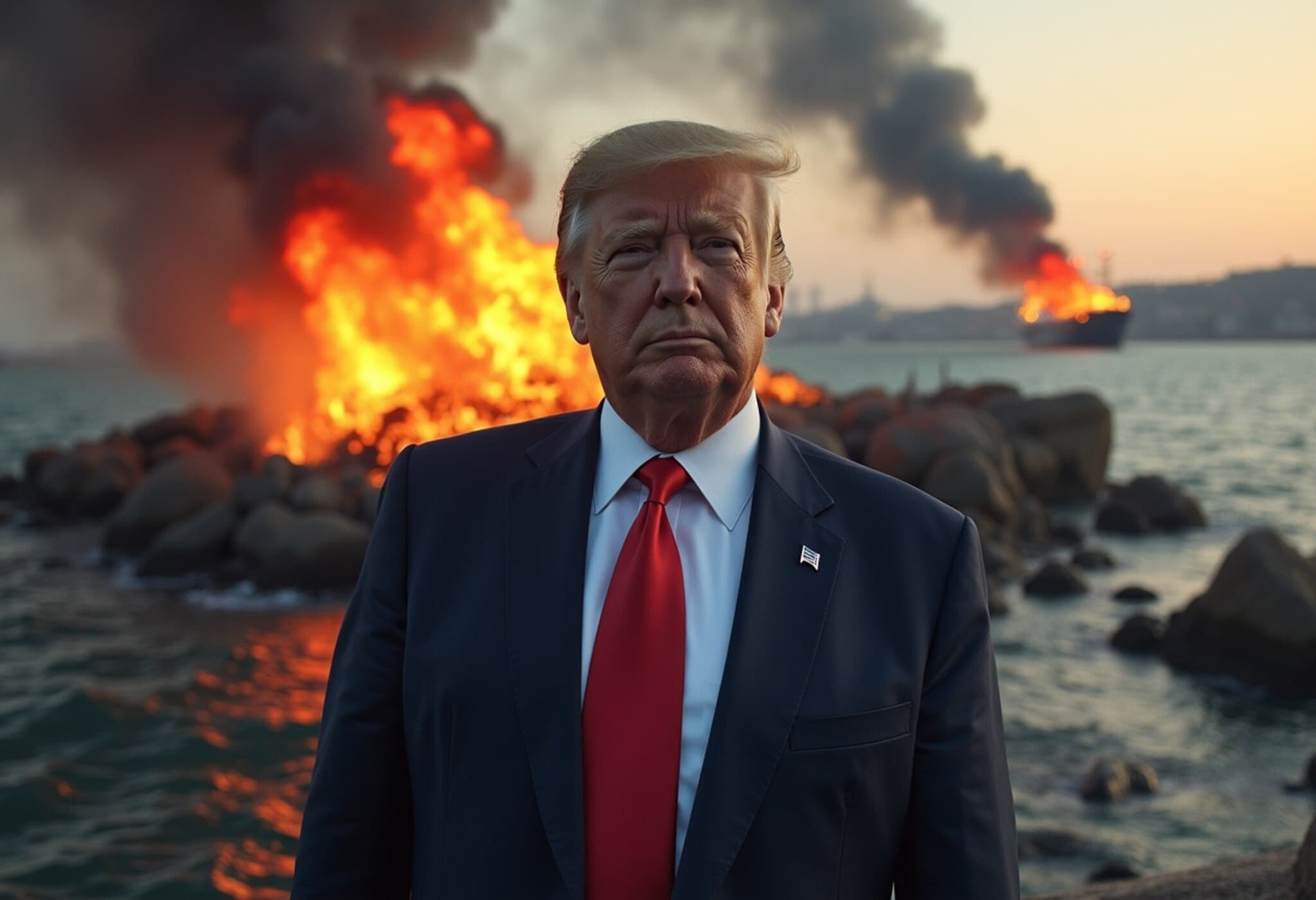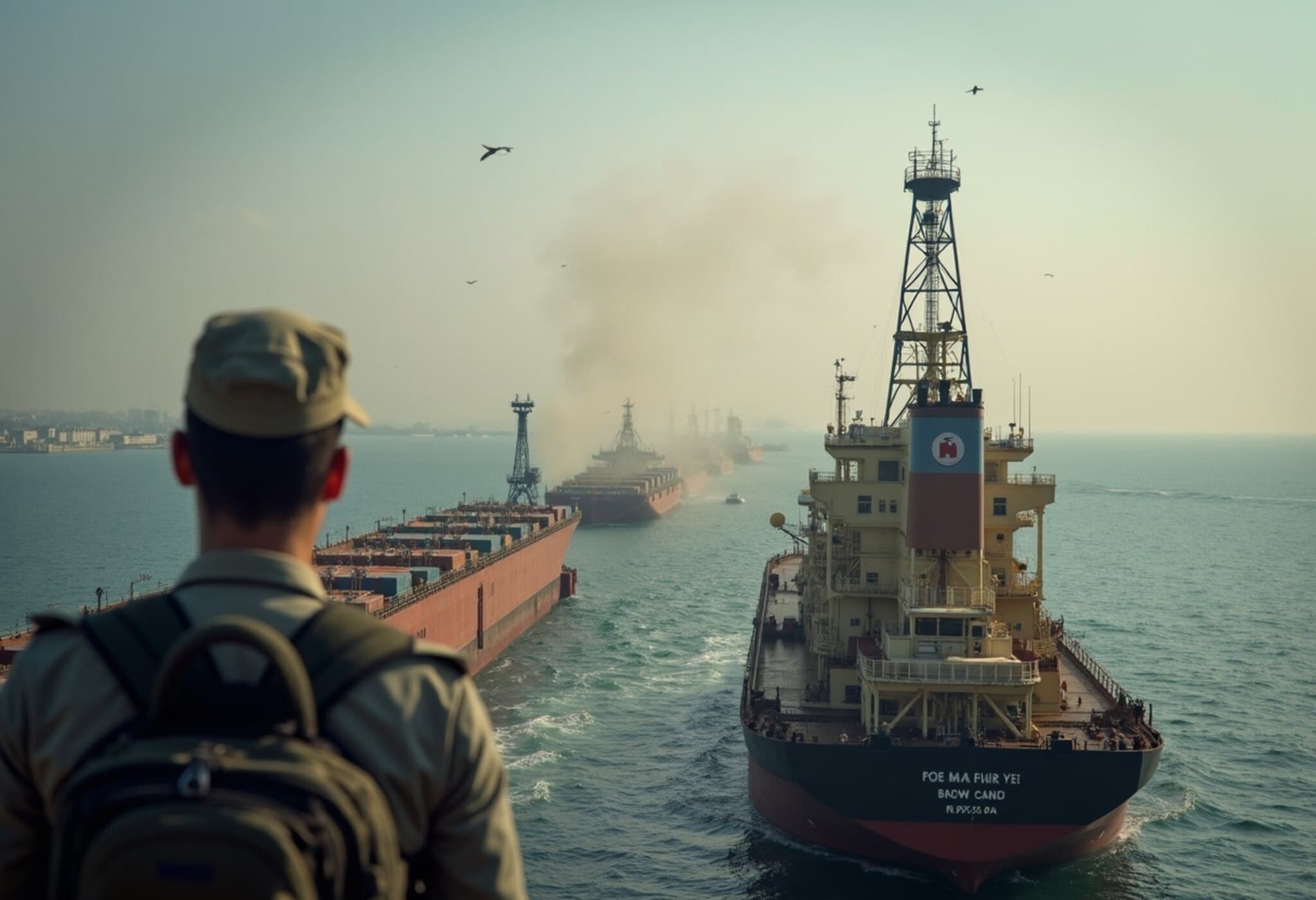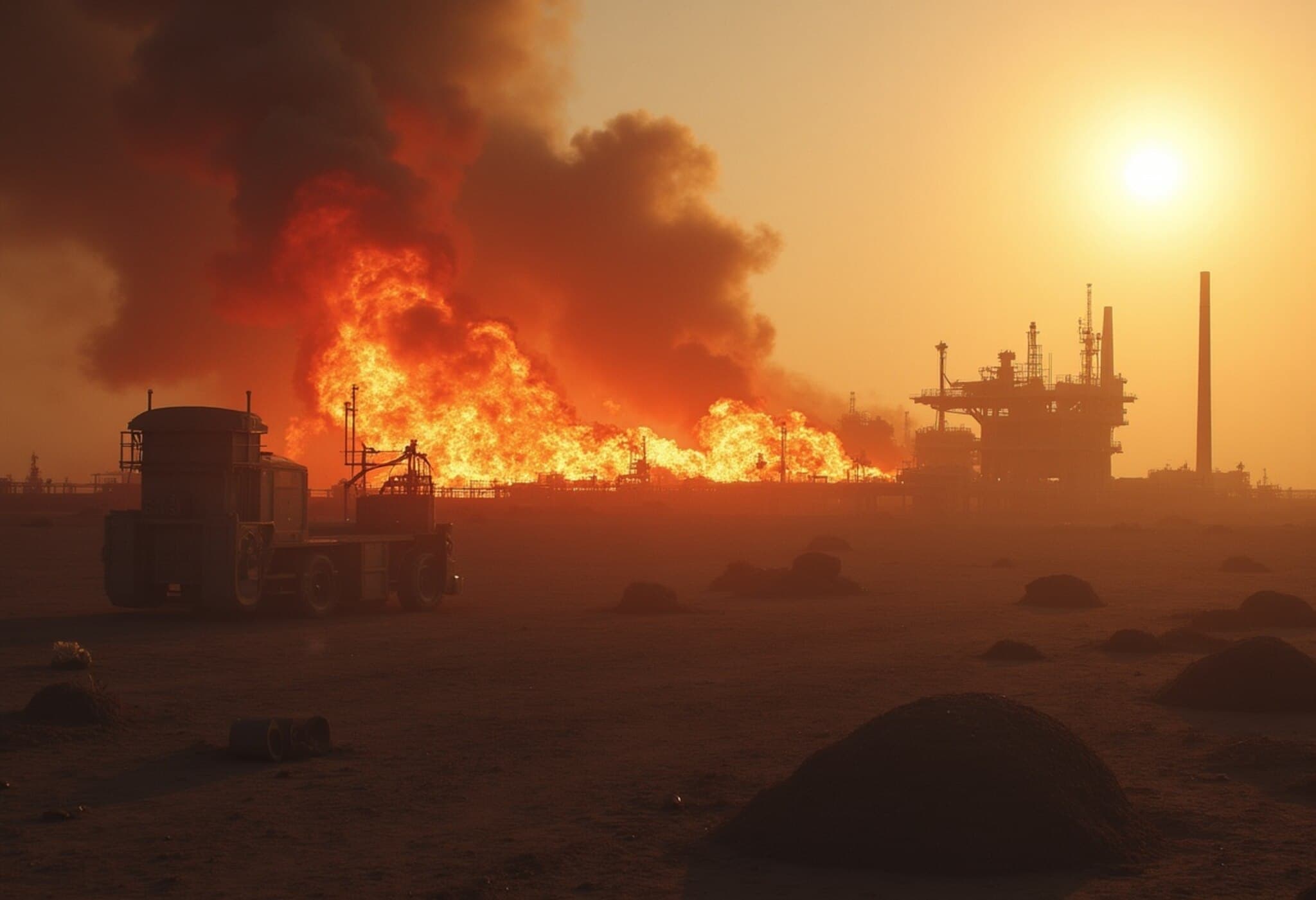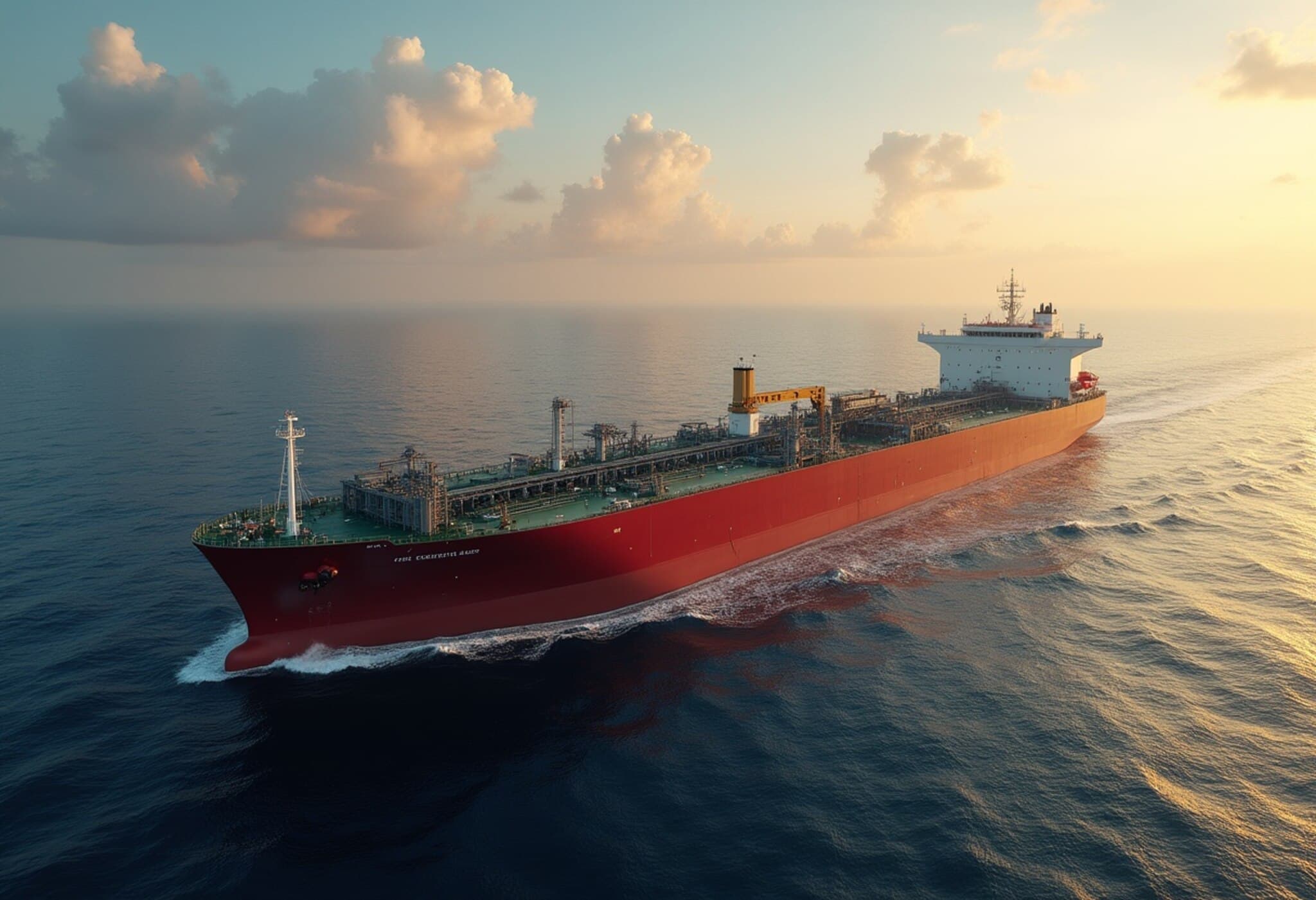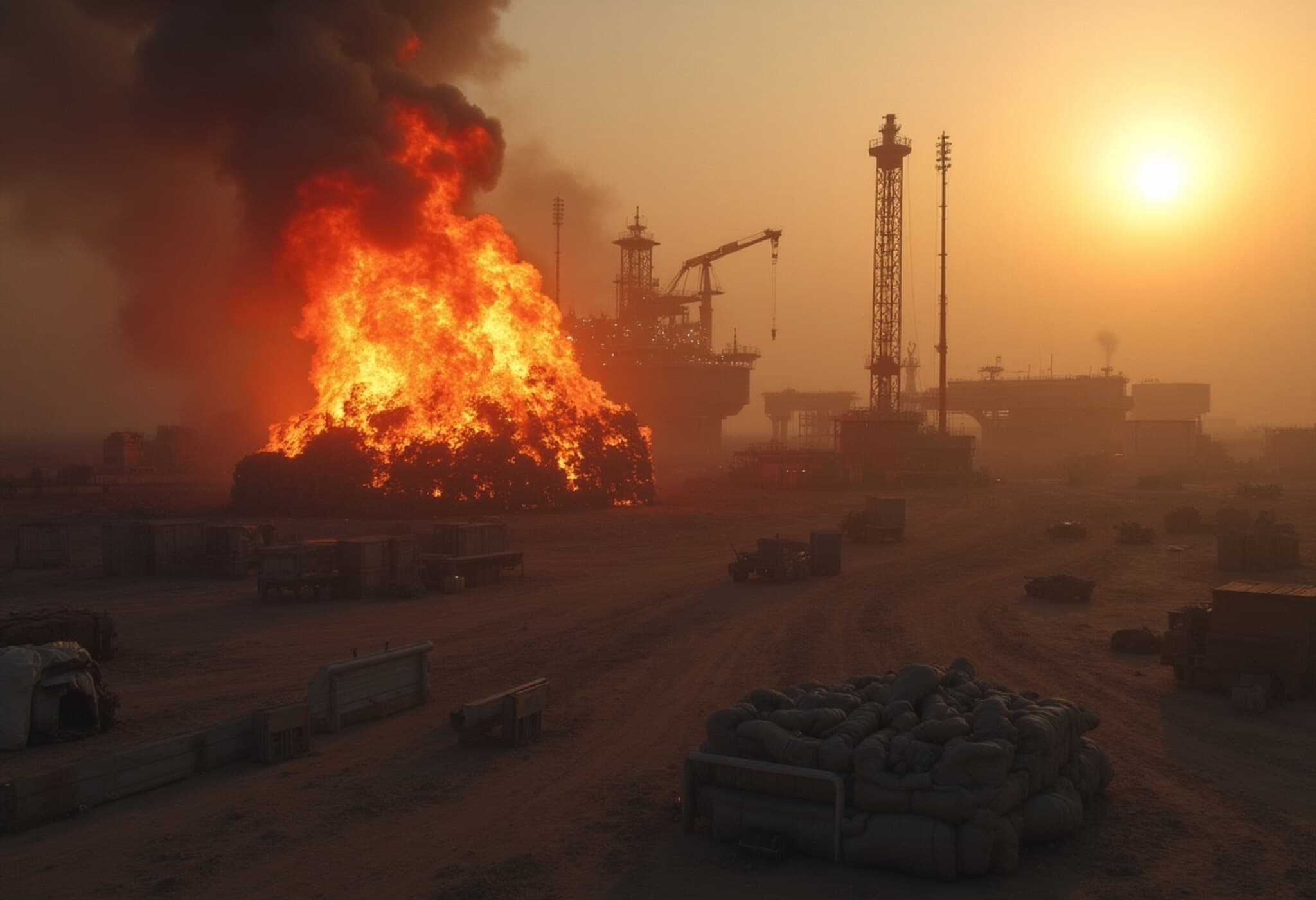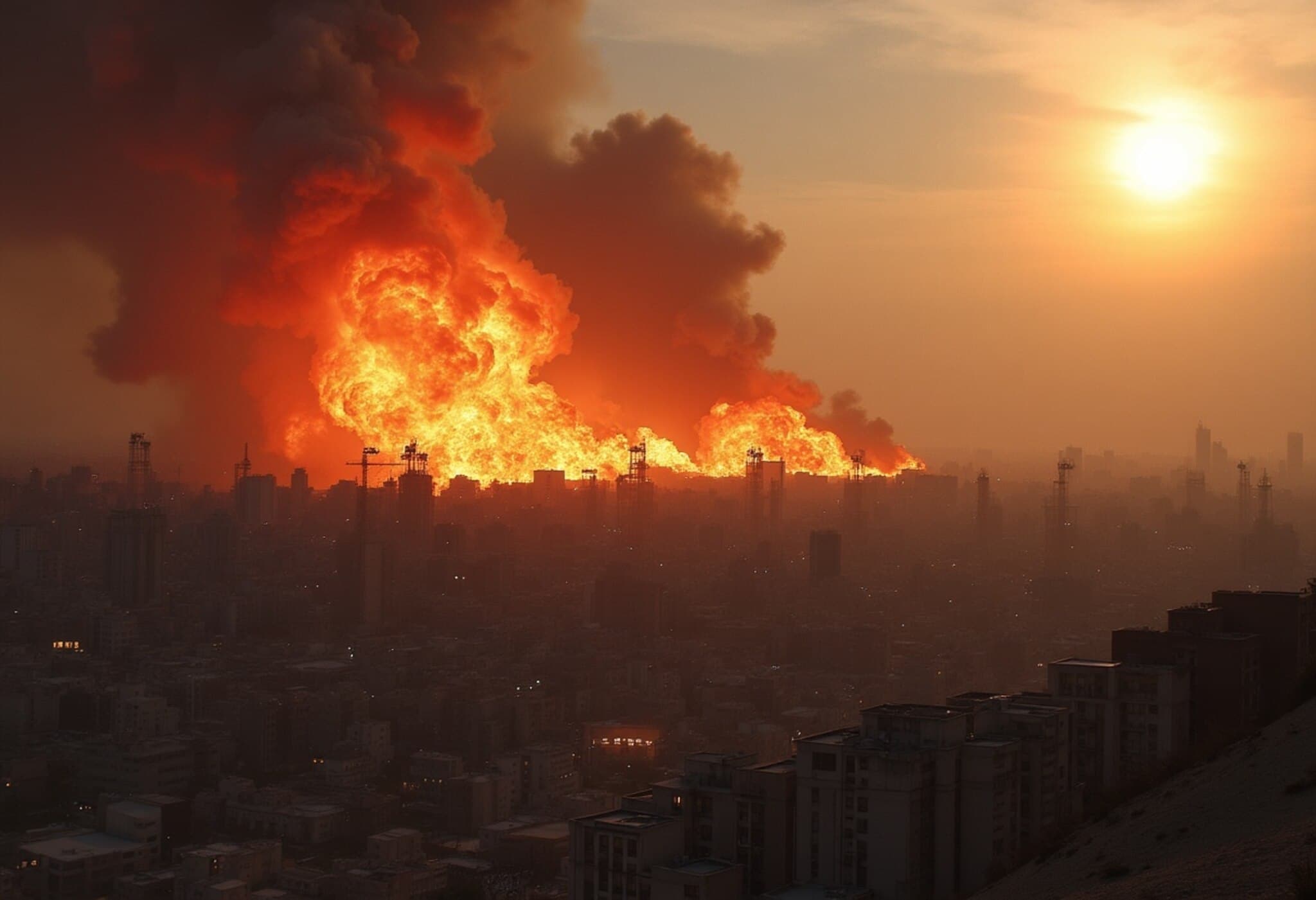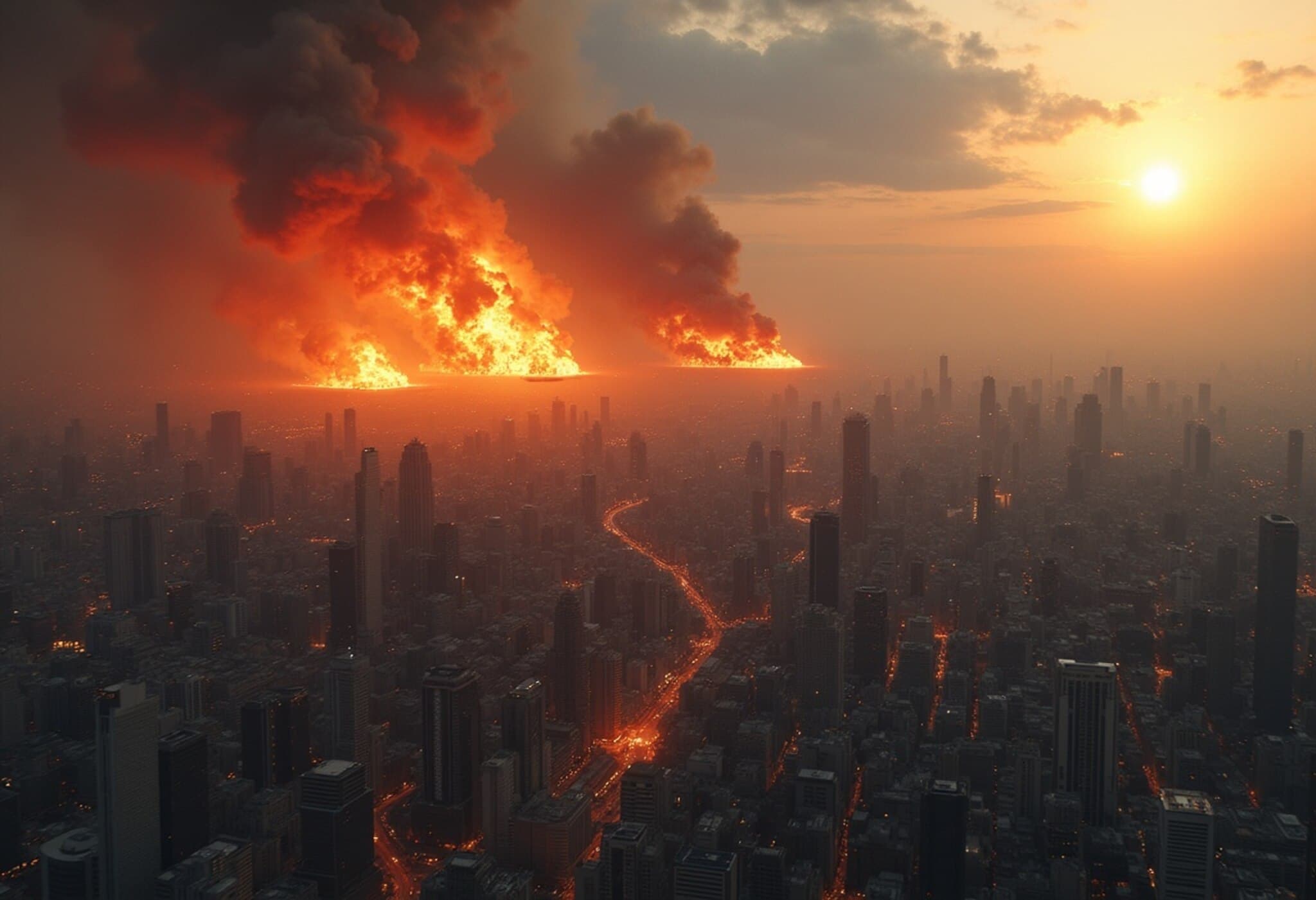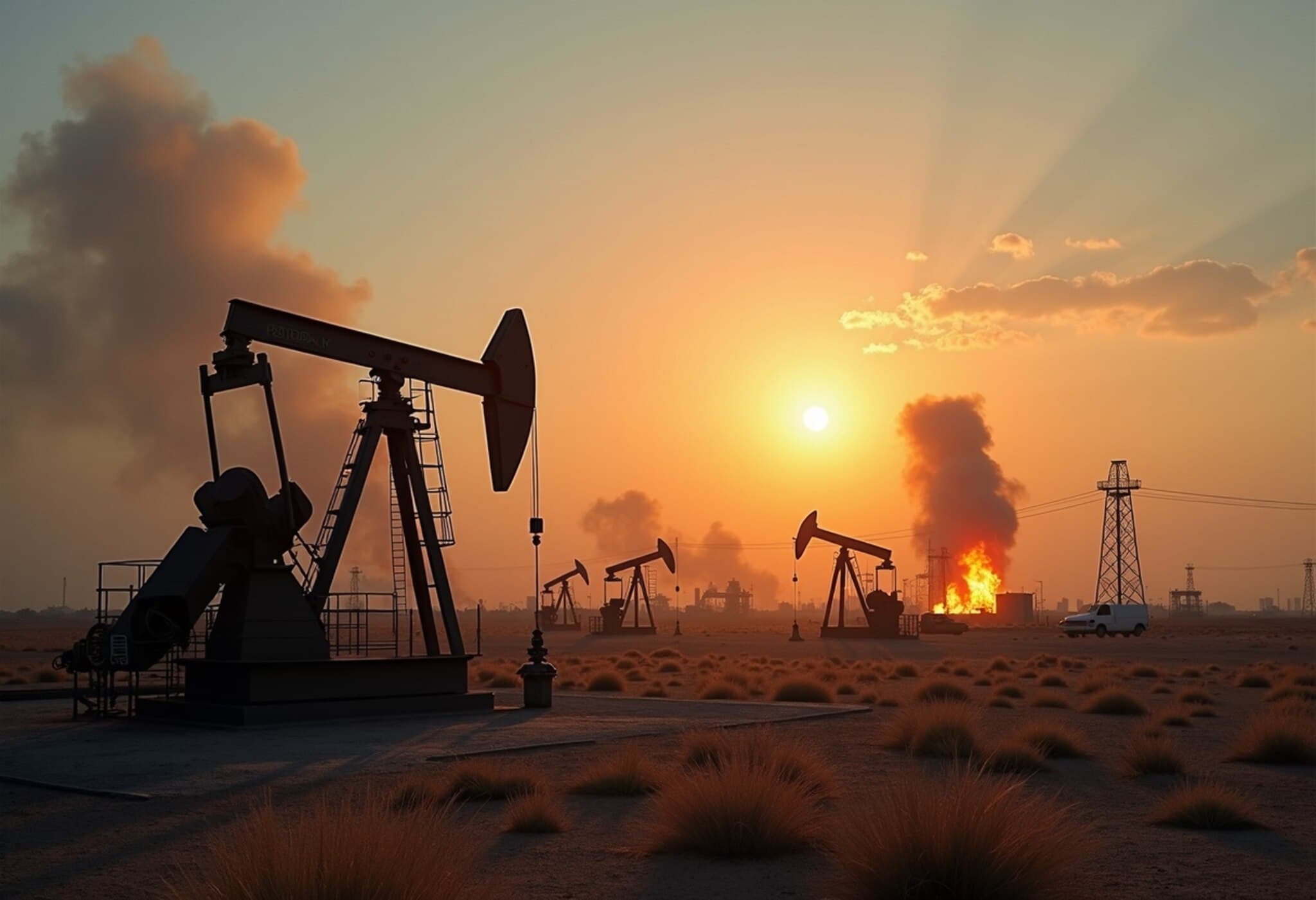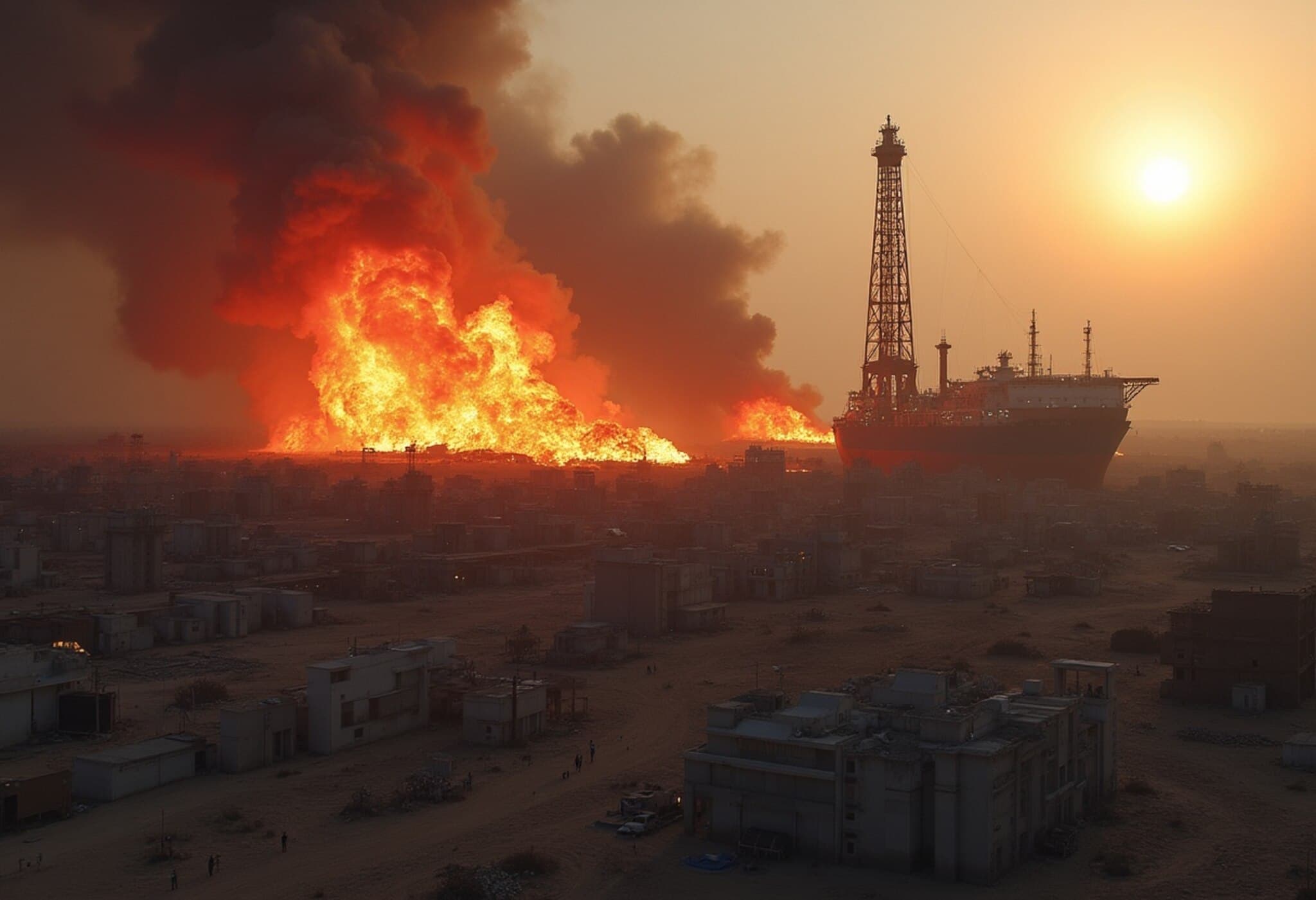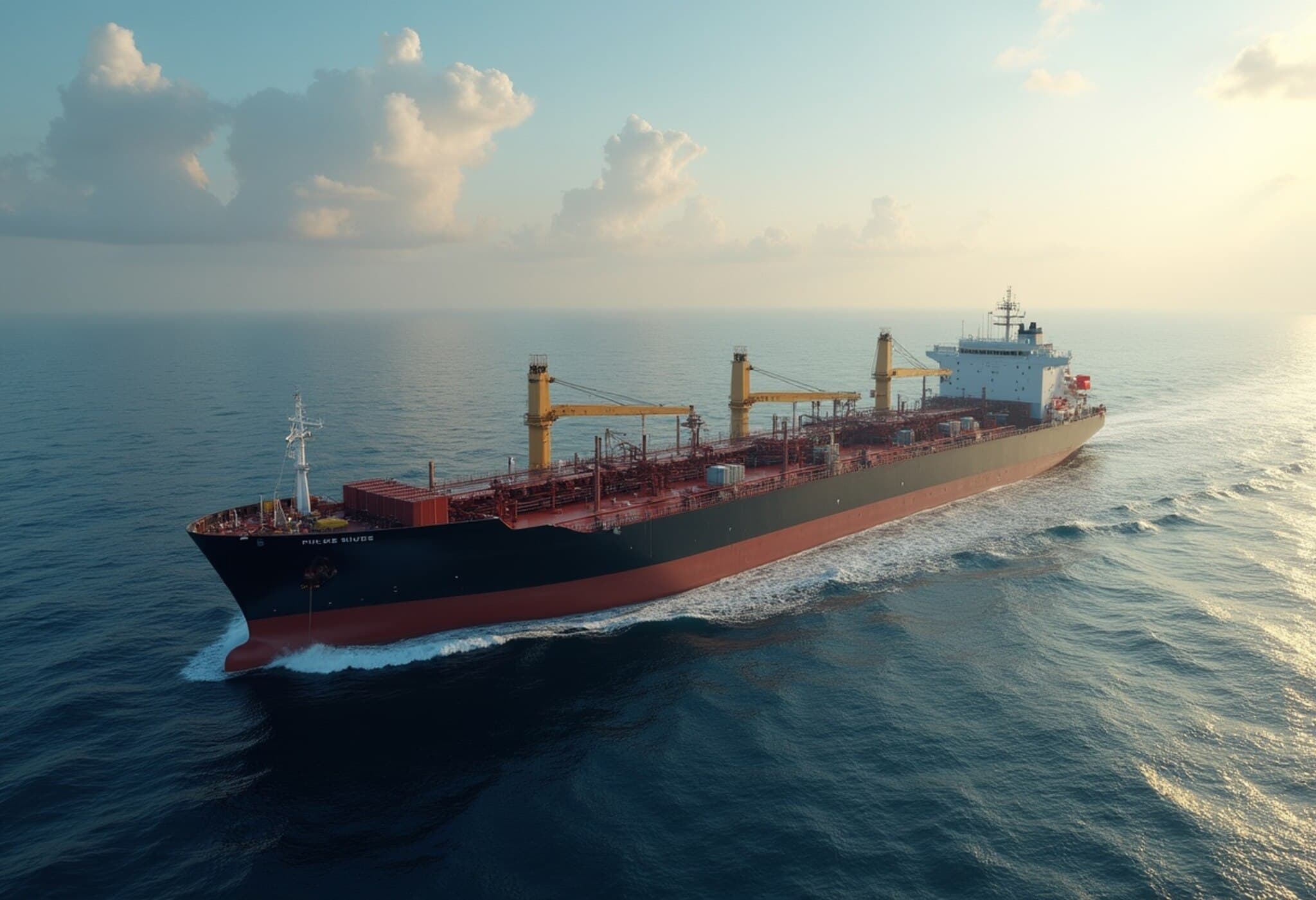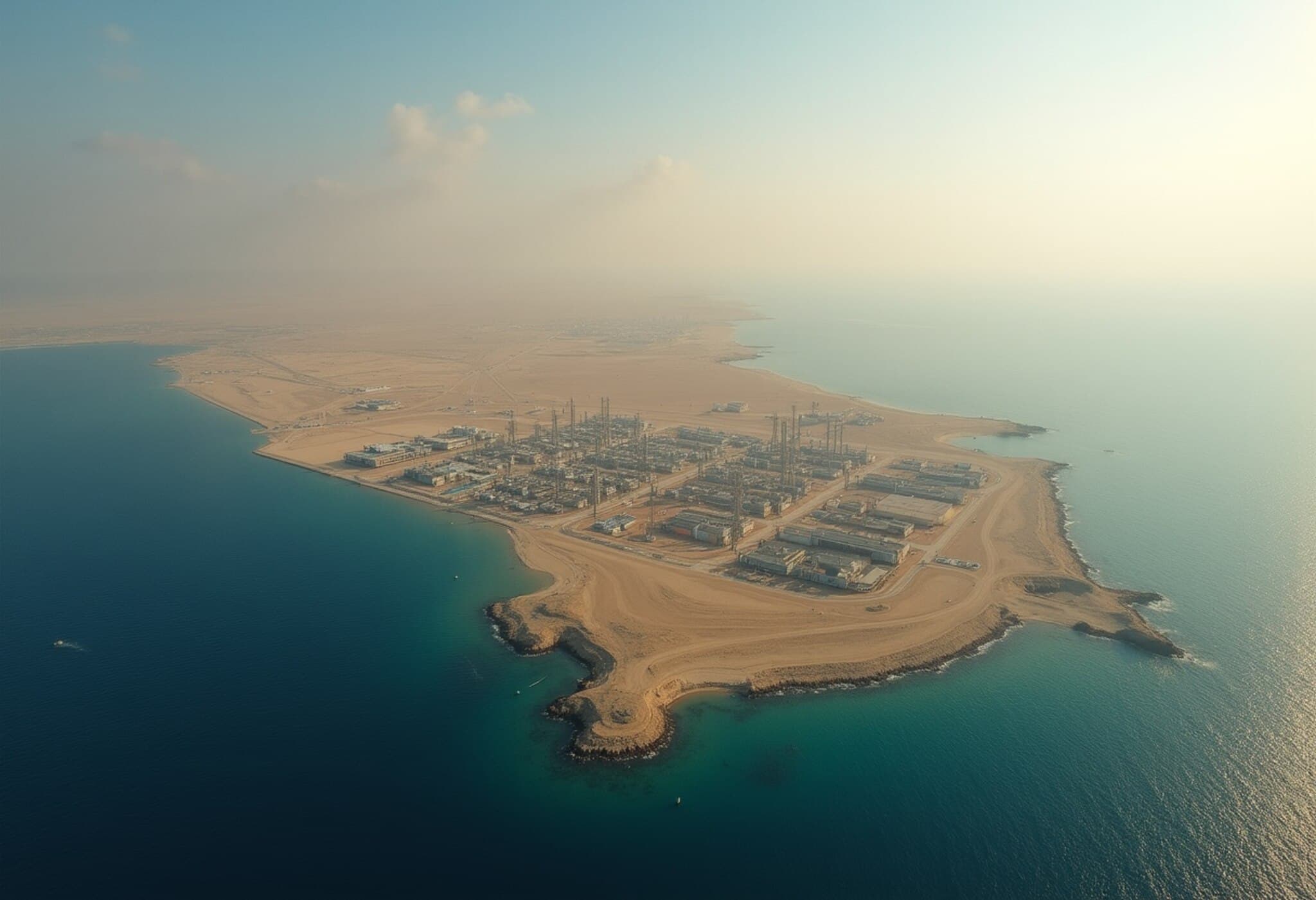Rising Tensions Between Israel and Iran Prompt Concern Among Oil Leaders
The recent surge in hostilities between Israel and Iran has shaken the global energy sector, with leading oil executives voicing growing unease over the potential disruption to key energy infrastructure. The conflict escalated sharply following Israel's targeted attack on Iran's military and nuclear facilities, setting off a chain of retaliatory strikes in the region.
Energy Infrastructure Under Threat But Largely Intact
While several oil and gas installations have sustained damage amid the skirmishes, major conduits and production centers remain operational for now. However, the looming threat of a broader disruption—particularly concerns about the security of vital supply routes like the Strait of Hormuz—has heightened anxieties within the industry.
Shell CEO Flags Growing Geopolitical Volatility
Wael Sawan, CEO of Shell, described the past days as “very concerning”, highlighting the uncertainty facing both the Middle East and the global energy system. Speaking from Kuala Lumpur at the Energy Asia conference, Sawan emphasized Shell’s sizeable presence in the Middle East and the critical importance of monitoring developments closely in the coming weeks.
Market Impact and Rising Oil Prices
In response to the escalating conflict, oil prices have already climbed. Brent crude futures for August delivery rose above $74.80 per barrel, while U.S. crude for July delivery increased to around $73.20. Traders view this confrontation as one of the most significant geopolitical energy risks since last year’s invasion of Ukraine.
TotalEnergies CEO Highlights Staff Safety Concerns
Patrick Pouyanné, CEO of TotalEnergies, stressed that employee safety across the region is the foremost priority, given the company’s deep-rooted operations in Iraq, Abu Dhabi, Qatar, and Saudi Arabia. He also warned that any strikes targeting oil infrastructure could trigger serious hazards for both personnel and global markets alike.
Strategic Choke Point: The Strait of Hormuz
The Strait of Hormuz serves as a critical artery connecting the Persian Gulf to the Arabian Sea and facilitates a substantial portion of the world's oil shipments. Its potential closure would have profound ripple effects, including surging energy costs, shipping delays, and supply chain complications.
Though some shipping companies have begun to avoid the area amid fears of further violence, analysts debate whether Iran could physically block the passage. The possibility remains a key risk factor investors and energy firms are vigilantly watching.
Market Sentiment Amid Ongoing Volatility
Amjad Bseisu, CEO of U.K.-based EnQuest, characterized 2025 as “the year of volatility”, reflecting the multiple geopolitical upheavals gripping global markets. He urged a swift resolution to the Israel-Iran conflict to ease uncertainty, but noted that oil supplies currently appear sufficient for the short to medium term.
As the situation unfolds, industry leaders remain on high alert, weighing the implications of every development on energy security and market stability worldwide.

